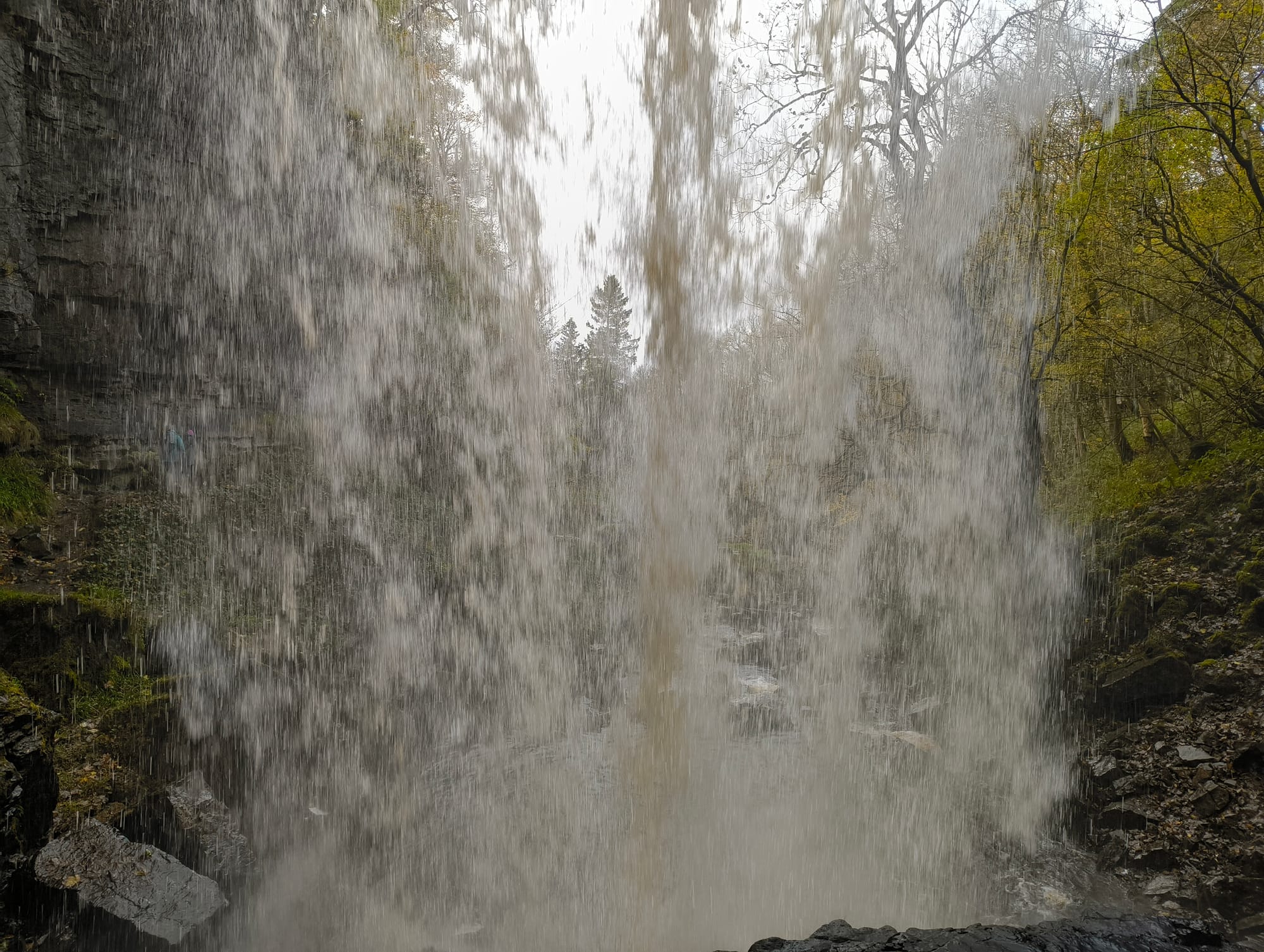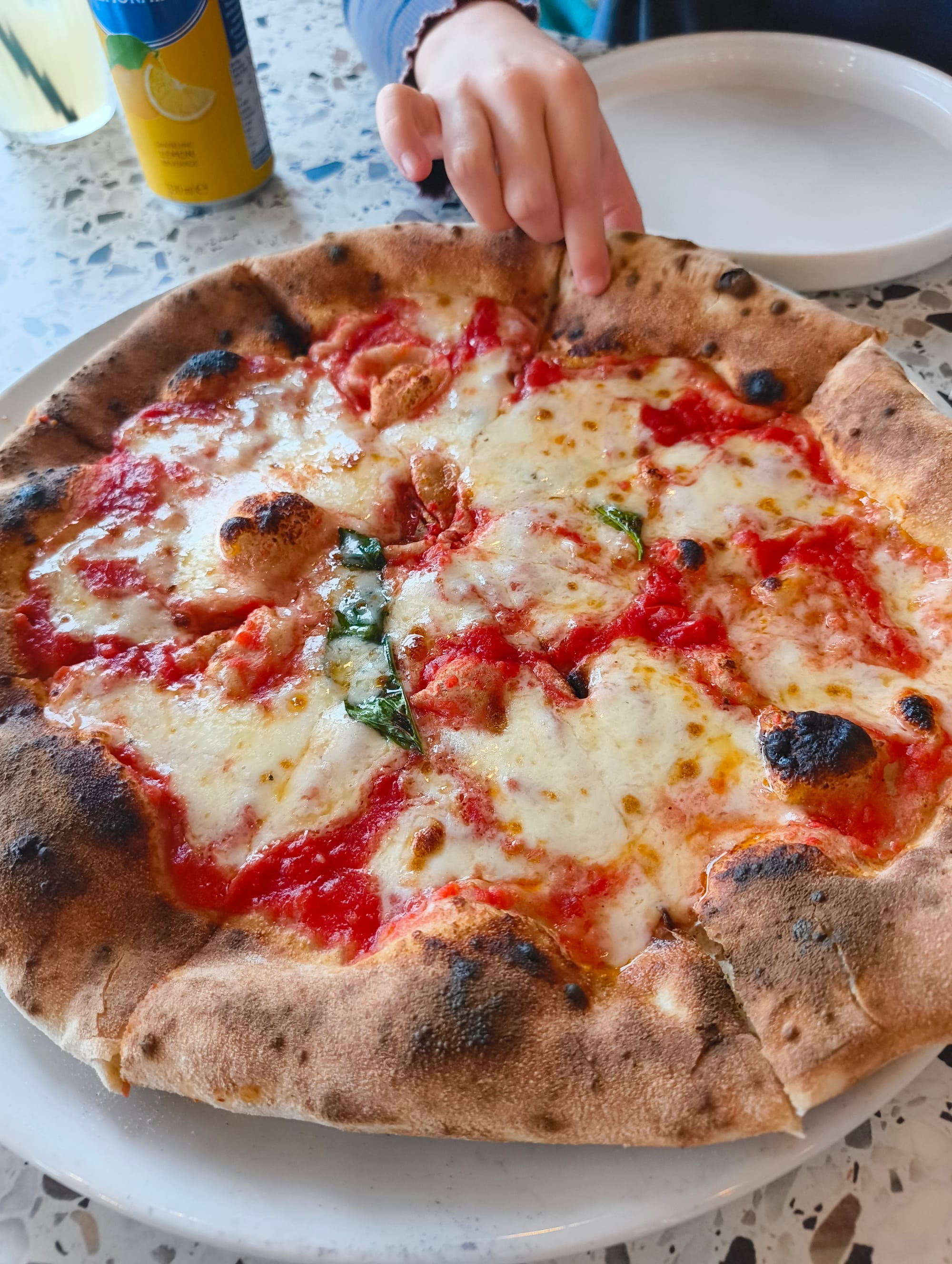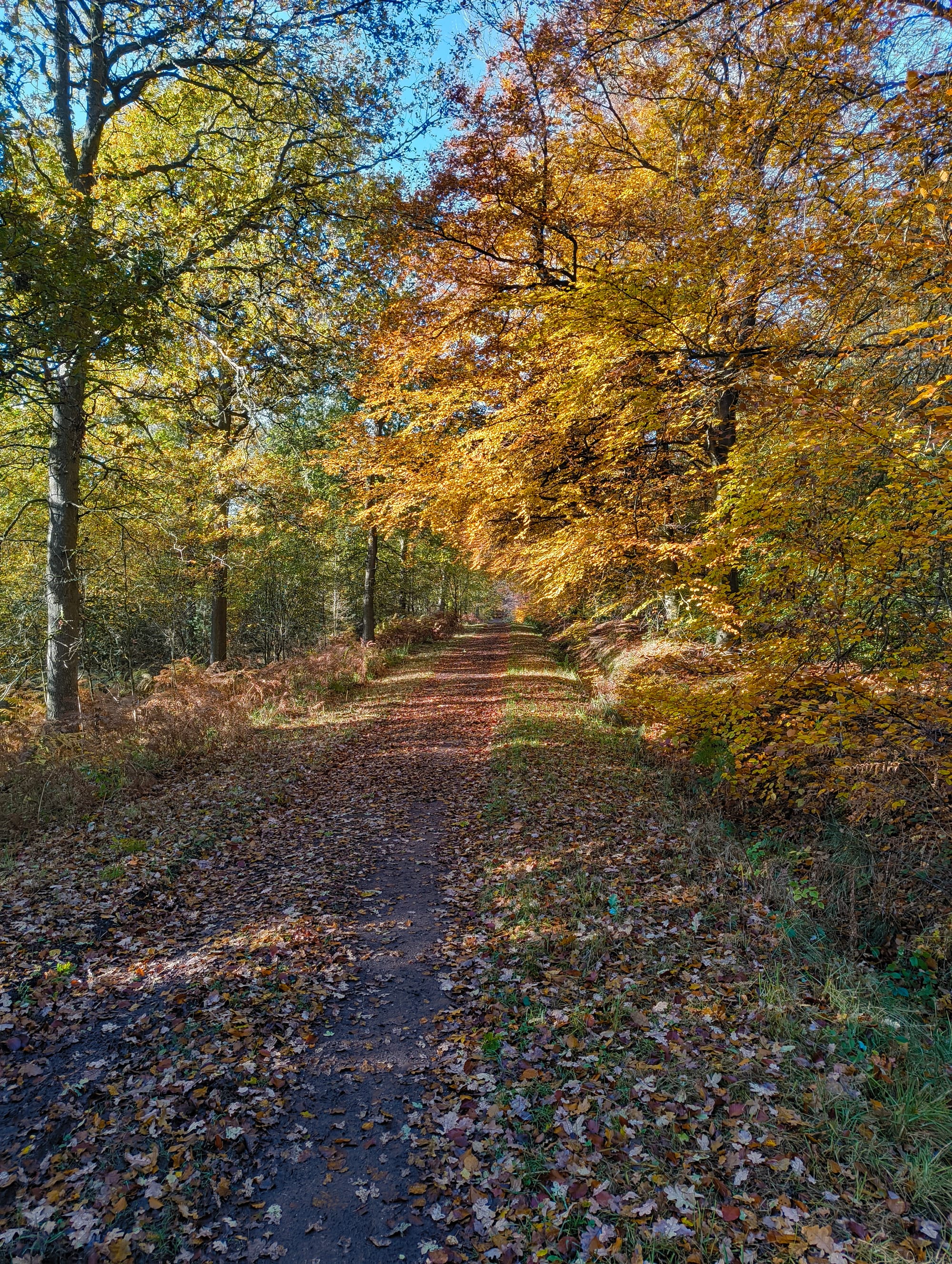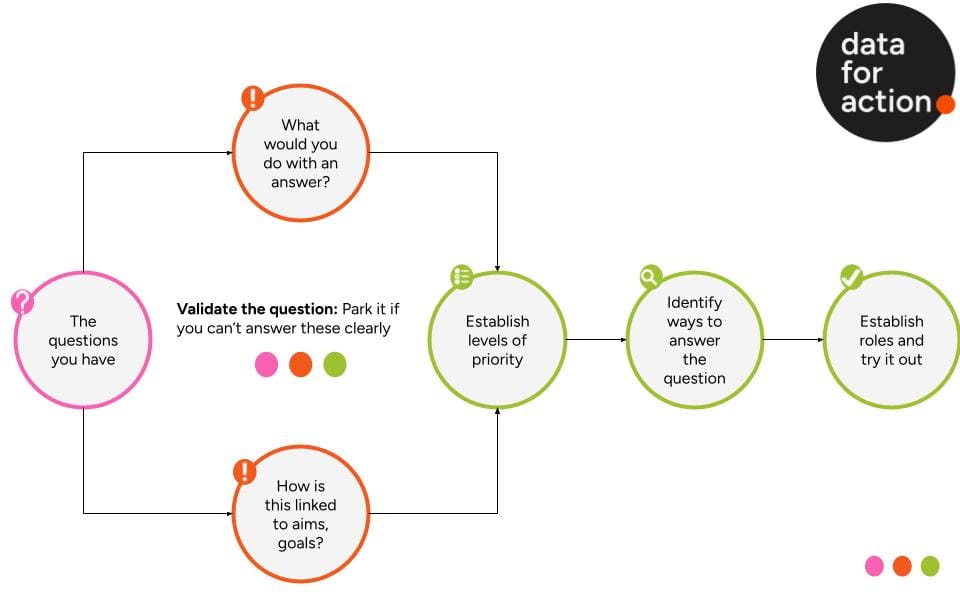Weeknote 27
Two weeks with lots of things happening, visits to waterfalls, cakes oh yeah and work and interesting things. Collective resilience definitions, questions as an approach, mushrooms that make music

Ok, music on, 30 minutes to write this. Let's go!
So this is technically a twicenote covering last week and this.
What I did?
Last week was half term holidays so I spent most of it not working. I did some fun things though which included
- a visit to Ashgill force (where you can walk behind the waterfall). This was the first time I'd been back in year since I did my gorge walking training. It was a pretty cold day, and I hadn't planned it, but with only days of the month left I decided to have a dip in the river to meet my self imposed 'one dip a month somewhere new'. It was unsurprisingly cold, and bloody lovely

- Speaking of lovely we also visited Grants Bakery in Corbridge. Oh yeah

- Took a visit to Tynemouth - checked out Crust Social for Pizza and Deep North for donuts

- I also managed to get some nice running in and felt as healthy as I have done for about 6 weeks (and ran off some of the cakes and donuts!) Lovely autumn colours

Ok, so I've also done some work over the last two weeks including
- Continued to work with a small charity on a data strategy
- Had a good chat about Open Recommendations and potential uses within funding world to support insight and research
- Wrote and shared a definition of Collective Resilience
"The capacity of interconnected organisations - across sectors, causes and communities - to anticipate, prepare for, respond to, and adapt collectively to change, disruption, and uncertainty, in order to sustain shared purpose, maintain the health of the whole, and enable the conditions for renewal."
Where organisational resilience focuses on the adaptive capacity of a single body, collective resilience lives in the connections between them: the trust, the shared learning, the diversity of roles, understanding and the willingness to act with and for each other.Collective resilience is not simply the sum of resilient organisations.
It depends on the strength and quality of relationships, trust, learning, communication, and shared purpose between actors - whether charities, social enterprises, funders, public bodies, grassroots movements, or community groups. It recognises that in complex social systems, resilience lies in connection, not isolation. When one organisation contracts or changes direction, others can adapt, redistribute capacity, and sustain continuity of purpose.
Collective resilience is therefore an ecosystem property - rooted in shared awareness, collaborative decision-making, adaptive governance, and the ability to learn, act, and evolve together amid uncertainty.
In a resilient ecosystem, capacity is distributed, knowledge is shared, and adaptation is collective.
- Had some nice feedback and new connections on this. Felt like it resonated.
Also had a good conversation about challenge and discussion when sharing things like this. It can sometimes feel tough to both share and respond to stuff in a real way. I share things all the time. Is it nice when it resonates and people agree? Yes of course it is. But it's really really nice when people put time and effort into constructive challenge as this helps to improve my understanding, improve my work and make it better!! All of us are smarter than one of us. - There will be more on the Collective Resilience piece soon - again for feedback!
- Had a full day of Organisational Resilience, hearing about two places we are running the programme in, what is happening, how this fits or doesn't. Also ran a Q&A for people thinking of coming on the programme which was nice.
- Wrote a bid - I hate bid writing, but the work looked really interesting. It was a collaborative bid which was actually really nice. Who knows if it will come off, our record on competitive tenders isn't great because again, we write for what we think will work not what we think will win.
- Looked at how I can help an organisation manage a grant programme. Systems, processes. It mainly comes down to data structures, clarity and working on being effective often by being simple.
- Ran a talk for a Regional Advice Network - talked about Maps as conversations, Data Principles and taking question based approaches.

If you find this useful we have a free tool available to do this approach https://www.questionsforaction.com/
Questions For Action
A tool to prioritise your most important questions, individually or collaboratively. Made by Data For Action.
Interesting things
- Defining 'Real-Time' A toolkit for assessing data portability under the DMA and digital competition laws - slightly dry but really good. We talk about real time data a lot, but what do we actually mean and what is actually useful when it comes to real time? If you aren't going to take action immediately, do you need 'real time' is always a useful thing to consider.
- My website is a junk drawer
- Organizing Public Support for Open Digital Infrastructure
- New_ Public’s AI framework: Learn in public, keep humans centered
- The Digital Public Infrastructure map
- Bionic and the Wires use bionic arms to enable mushrooms and plants to create music and visual art.
- GreenPT - is a GPT-powered chat platform running on renewable energy and hosted in Europe for strict data protection. - started playing around with this - pretty cool now they have added API access
- The Collective Power Playbook
- Responsible AI Practical Toolkit - Arts Council
- Friends of the Earth - Local Environmental data
- Mapping is thinking
- Resilient Ready is proud to launch Australia’s first framework and mapping tool that puts people, connections, and the places that bring us together at the heart of disaster resilience.
- Surfacing Worldviews of Change
- Innovation Ecosystems: A Toolkit of Principles and Best Practice
38 minutes. Not bad That's all folk